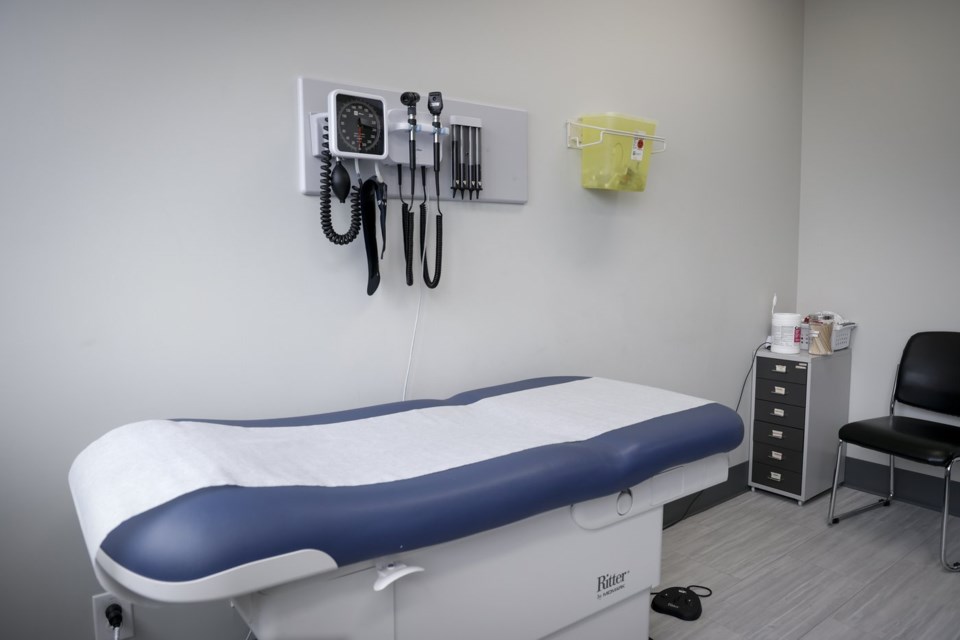TORONTO — A new report by the Canadian Institute for Health Information says 83 per cent of adults in this country have a regular primary-care provider, but that still leaves 5.4 million adults without one.
It says seniors 65 years and older are more likely to have access to a family doctor or nurse practitioner than younger adults between 18 and 34.
Access to primary care is highest in Ontario and lowest in Nunavut.
The CIHI report released Thursday morning measures the baseline of health priorities agreed upon by the federal government and the provinces and territories.
Federal health minister Mark Holland says there will be a report every year to measure progress across the country.
In addition to improving access to primary care, the priorities include reducing wait times for mental-health and substance-use counselling, recruiting more health-care workers, decreasing surgical wait times and increasing the use of electronic health information.
CIHI says it will also collect data to measure progress on two more health priorities in the near future, including ensuring seniors can age with dignity and improving cultural safety for Indigenous patients in the health-care system.
Thursday's report says the surgical backlogs that happened during the COVID-19 pandemic have decreased and the number of surgeries performed has mostly returned to pre-pandemic levels across Canada.
Holland said each of the health-care funding agreements signed with the provinces and territories includes targets for the number of doctors and nurses that need to be added to the workforce.
Many rural and Indigenous communities are particularly hard-hit by the primary care shortage, the minister said in an interview by phone on Wednesday.
In addition to recruiting doctors, nurse practitioners and nurses from other jurisdictions, the solution requires a "sustained effort" to encourage more First Nations, Métis and Inuit people — as well as others living in small towns and rural areas — "to be choosing health careers and really seeing far more people serving their own communities," Holland said.
This report by The Canadian Press was first published Oct. 24, 2024.
Canadian Press health coverage receives support through a partnership with the Canadian Medical Association. CP is solely responsible for this content.
Nicole Ireland, The Canadian Press



